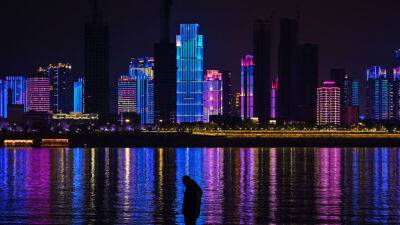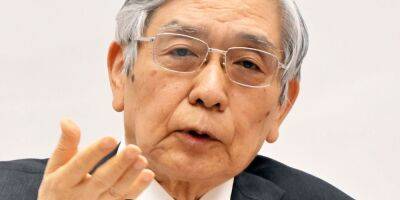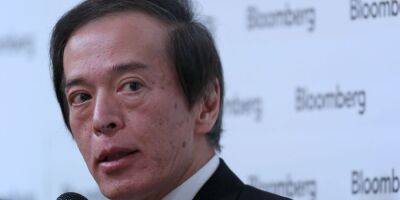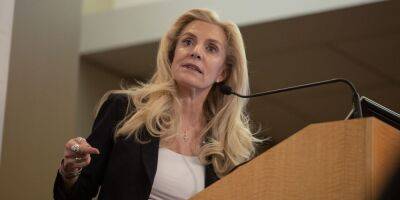Metaverse not the endgame, but 'ongoing digital transformation': Davos 2023
The metaverse has been a buzzword inside and out of the Web3 world over the last year. Moreover, development in the metaverse is something that has remained strong relative to the overall turmoil of the decentralized space.
It is also a hot topic at the 2023 World Economic Forum (WEF) in Davos, Switzerland. The WEF has been developing its own initiative, “Defining and Building the Metaverse,” with the participation of over 120 participants, for which it held a press conference on Jan. 18.
The WEF panel highlighted the initiative’s first two papers, which cover interoperability, governance and the consumer’s role in the metaverse of the future.
Huda Al Hashimi, one of the panelists and the deputy minister of cabinet affairs for strategic affairs in the United Arab Emirates, framed the future of the metaverse as a space to break societal barriers and not recreate the same issues.
Particularly when it comes to governmental bodies creating their presence in digital reality, Hashimi says the vision of the initiative has reimagined the role of regulators.
Across the globe governments have been exploring the metaverse. The UAE in particular has already launched a government-backed metaverse city in the country as one of its many initiatives in digital reality.
Norwegian governmental offices have also opened up metaverse branches to cater to the generation of users.
Cathay Li, the head of Shaping the Future of Media, Entertainment & Sport and member of the ExCom at World Economic Forum Geneva, said regulations and value creation are two key issues that needed to be understood for a digital reality that is beneficial for users.
Li said that the metaverse should not be looked at as an “end state” to all of the work and developments
Read more on cointelegraph.com




![Curve Finance [CRV]: Volume surpasses $1B as stablecoin talks heighten](https://finance-news.co/storage/thumbs_400/img/2023/2/15/55818_ugd.jpg)
![Ethereum [ETH] fights to stay above $1500, but is $1300 looming?](https://finance-news.co/storage/thumbs_400/img/2023/2/15/55817_wzio.jpg)









![Uniswap [UNI] caught in firing line as BUSD FUD threatens to reverse gains](https://finance-news.co/storage/thumbs_400/img/2023/2/15/55805_i0j.jpg)


![Analyzing why Axie Infinity [AXS] fell back despite gaming sector surge](https://finance-news.co/storage/thumbs_400/img/2023/2/15/55802_got.jpg)
